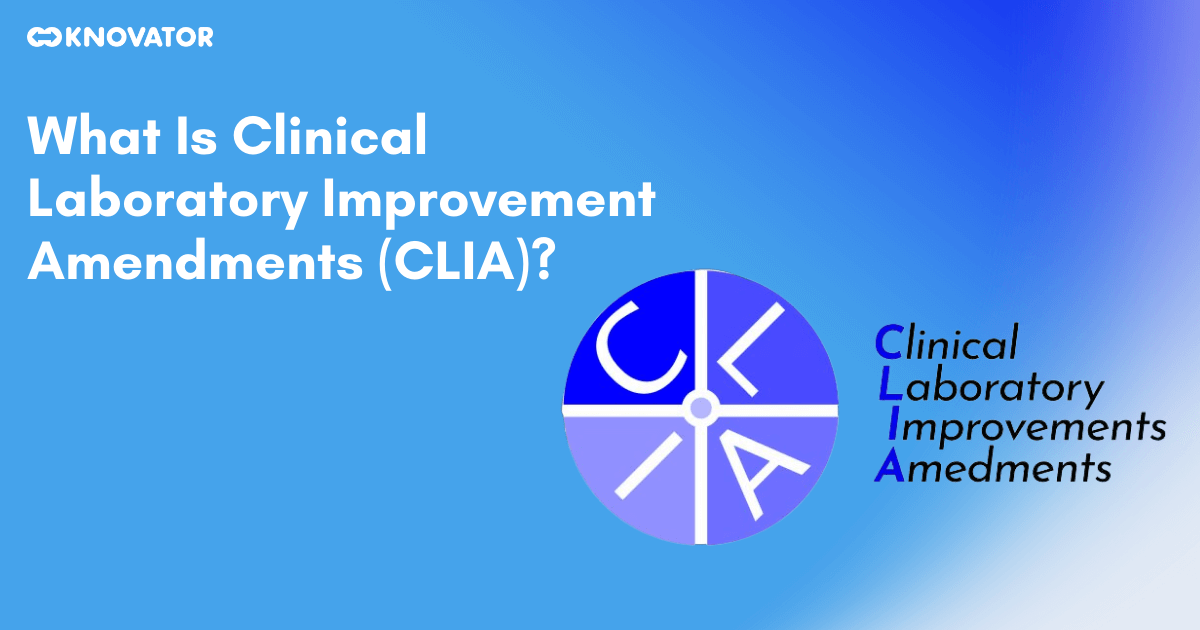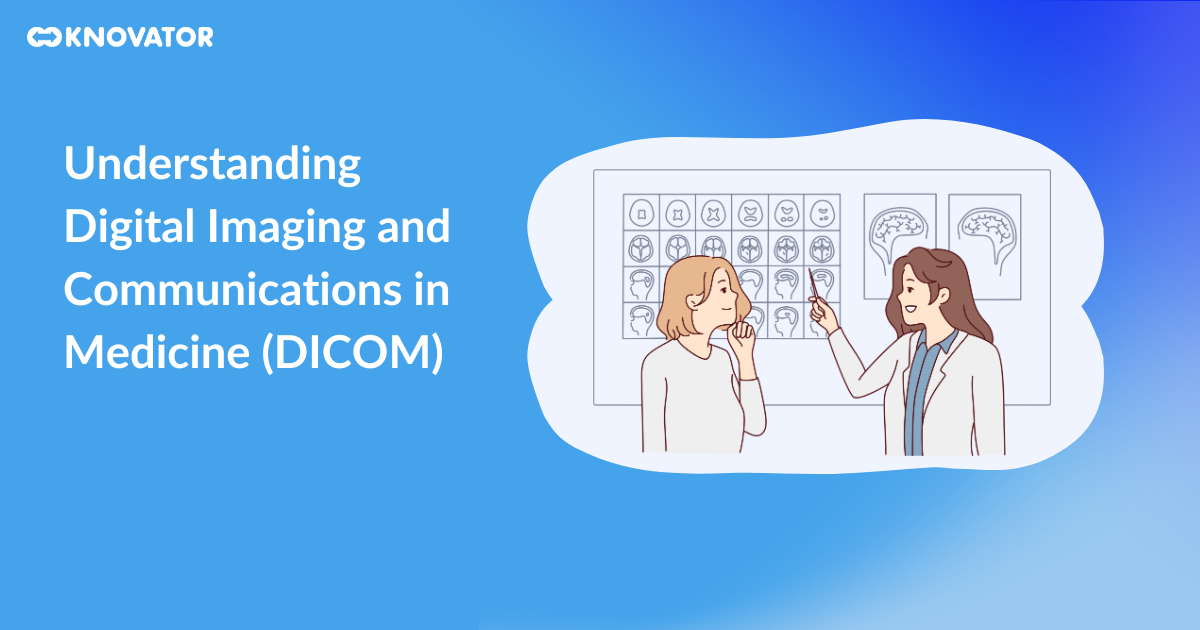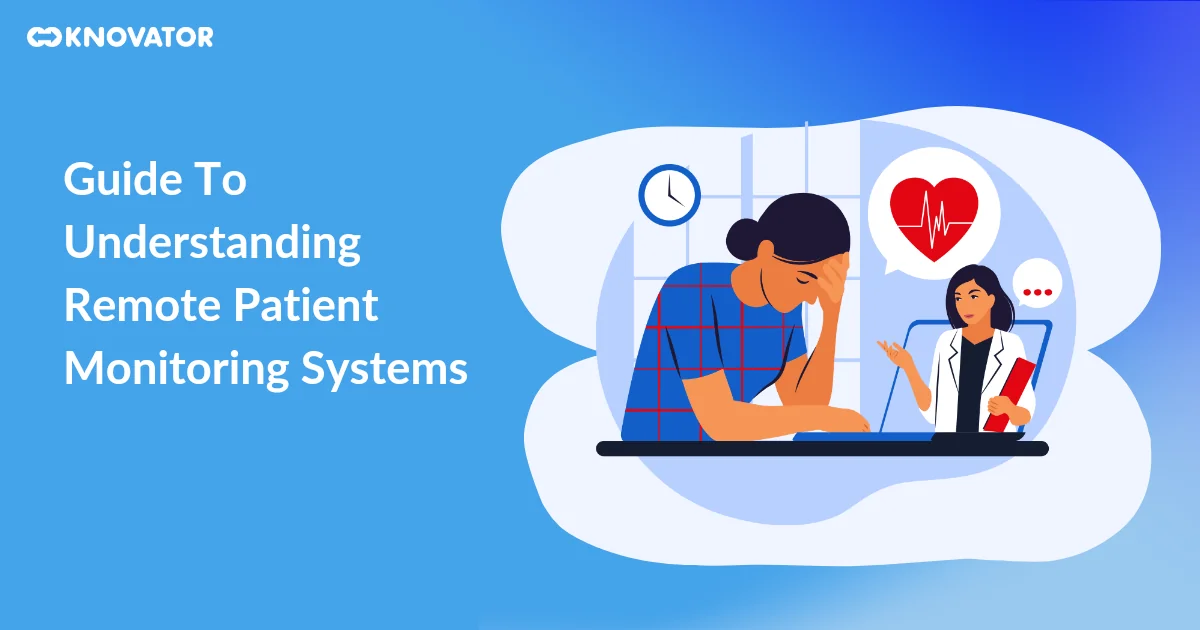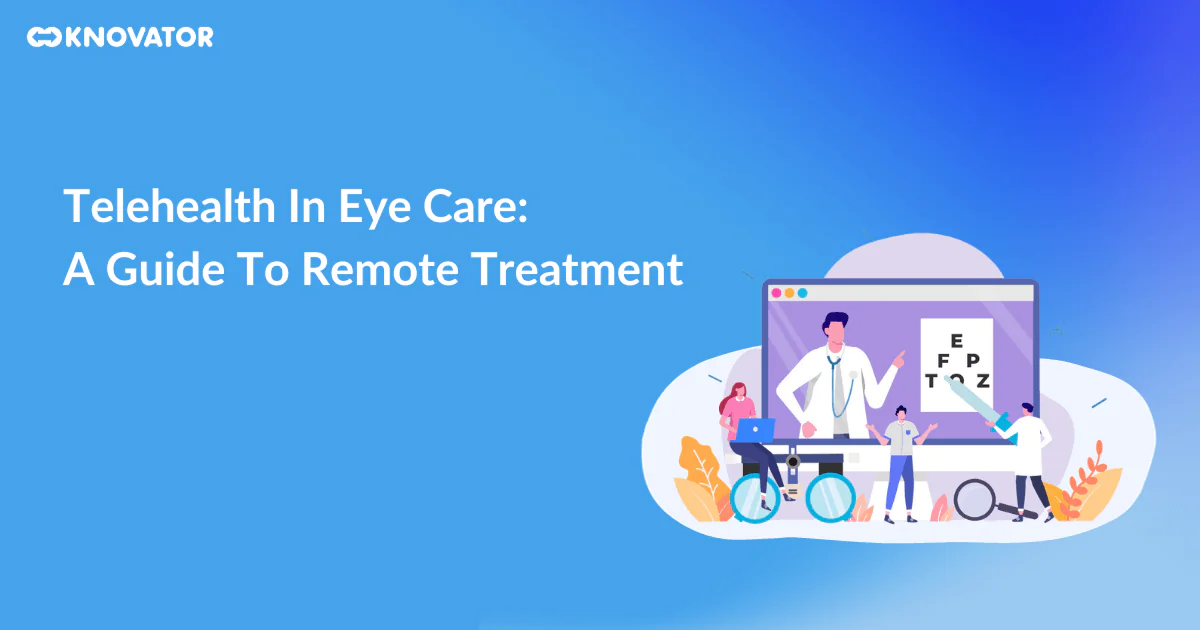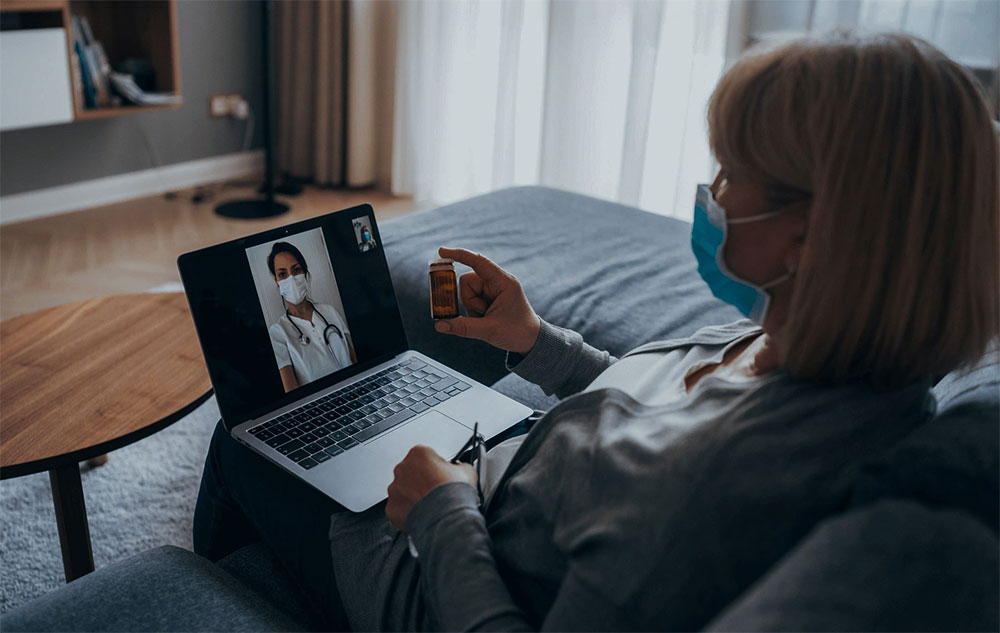Welcome! Today, we’re diving into the Clinical Laboratory Improvement Amendments (CLIA), a critical set of regulations that ensure quality in healthcare laboratories. Let’s explore what CLIA is and why it’s so important.
Understanding CLIA
 The Clinical Laboratory Improvement Amendments, or CLIA, was established by the Centers for Medicare & Medicaid Services (CMS) in 1988. The goal? To set standards for all laboratory testing performed on humans in the US. This includes tests for health assessment, disease diagnosis, prevention, and treatment.
The Clinical Laboratory Improvement Amendments, or CLIA, was established by the Centers for Medicare & Medicaid Services (CMS) in 1988. The goal? To set standards for all laboratory testing performed on humans in the US. This includes tests for health assessment, disease diagnosis, prevention, and treatment.
The CLIA program is all about ensuring quality in laboratories. It sets the bar for what’s acceptable in terms of accuracy, reliability, and timeliness of test results. It doesn’t matter if the laboratory is in a hospital, a small doctor’s office, or a large commercial facility – if they’re testing human specimens, they need to meet CLIA standards.
Importance of CLIA
CLIA isn’t just a set of regulations – it’s crucial to ensuring quality healthcare. Laboratories play a vital role in patient care, from diagnosing diseases to guiding treatment decisions. Without quality standards like CLIA, we can’t trust the results these laboratories produce.
CLIA is recognized nationwide, and adhering to its regulations brings many benefits. For one, it helps laboratories maintain high quality in their testing. This can boost their reputation and increase trust among patients and healthcare providers.
But the benefits of CLIA go beyond individual laboratories. By ensuring quality testing, CLIA helps to improve patient care and public health at a broader level. It ensures that healthcare decisions are based on reliable, accurate test results.
The Role of CLIA in Laboratory Testing
 CLIA plays a central role in laboratory testing. It sets the standards that all US laboratories must meet when performing tests on human specimens for assessment of health or to diagnose, prevent, or treat disease.
CLIA plays a central role in laboratory testing. It sets the standards that all US laboratories must meet when performing tests on human specimens for assessment of health or to diagnose, prevent, or treat disease.
These standards cover several areas, from the qualifications of laboratory personnel to the quality control procedures in place. They ensure laboratories have the right systems, processes, and people to produce accurate and reliable test results.
By setting these standards, CLIA helps to ensure that when a patient’s specimen is tested, the results are something both the patient and their healthcare provider can trust.
How CLIA Works?
 CLIA works by setting a comprehensive framework for laboratories to follow. This framework ensures that laboratories consistently produce accurate, reliable, and timely test results. It covers everything from the qualifications and competency of laboratory personnel to the quality of the testing systems and processes.
CLIA works by setting a comprehensive framework for laboratories to follow. This framework ensures that laboratories consistently produce accurate, reliable, and timely test results. It covers everything from the qualifications and competency of laboratory personnel to the quality of the testing systems and processes.
To maintain CLIA compliance, laboratories must adhere to these standards daily. They must also undergo regular inspections to verify their compliance. These inspections are conducted by CMS or approved accrediting organizations and involve thoroughly reviewing the laboratory’s policies, procedures, and records.
CLIA Regulations
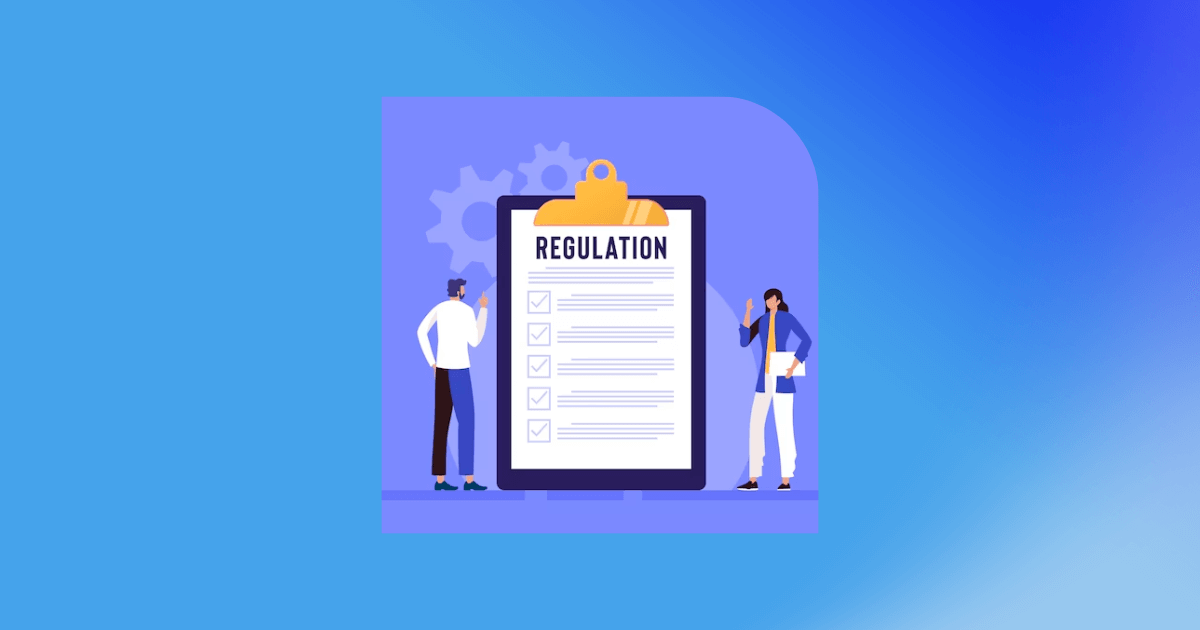 CLIA regulations are detailed and comprehensive. They cover many areas, including personnel qualifications, quality control, patient test management, and quality assurance.
CLIA regulations are detailed and comprehensive. They cover many areas, including personnel qualifications, quality control, patient test management, and quality assurance.
For example, CLIA regulations specify the qualifications and responsibilities of laboratory directors, technical supervisors, clinical consultants, and testing personnel. They also set standards for the quality control procedures that laboratories must have to ensure their test results’ accuracy and reliability.
In addition, CLIA regulations require laboratories to have systems in place for patient test management. This includes procedures for test ordering, specimen handling, and reporting of test results.
Lastly, CLIA regulations require laboratories to have a quality assurance program. This program should cover all aspects of the laboratory’s operation and is designed to detect and correct problems that could affect the quality of test results.
CLIA Certification
 Obtaining CLIA certification is a key step for any laboratory that tests human specimens. The certification process involves:
Obtaining CLIA certification is a key step for any laboratory that tests human specimens. The certification process involves:
- Applying to CMS or an approved accrediting organization.
- Paying the applicable fees.
- Undergoing an initial inspection to verify compliance with CLIA regulations.
Once certified, a laboratory receives a CLIA certificate that allows it to conduct testing. The type of certificate issued depends on the complexity of the tests carried out by the laboratory. There are 4 CLIA certificates: Certificate of Waiver, Certificate for Provider-Performed Microscopy Procedures, Certificate of Registration, and Certificate of Compliance or Accreditation.
Being CLIA certified ensures that a laboratory meets federal quality standards and boosts the laboratory’s credibility and reputation. It’s clear to patients, healthcare providers, and other stakeholders that the laboratory is committed to providing accurate and reliable test results.
CLIA and Other Standards
CLIA isn’t the only standard that laboratories need to be aware of. Laboratories may need to comply with other standards and regulations in the healthcare industry, depending on their specific activities and the types of tests they perform.
For example, laboratories that perform genetic testing may need to comply with the Genetic Information Nondiscrimination Act (GINA). Those that handle electronic health information may also have to abide by HIPAA or Health Insurance Portability and Accountability Act.
While these standards each have their focus, they all share a common goal: to ensure quality, safety, and privacy in healthcare. By complying with CLIA and these other standards, laboratories can ensure they meet this goal and provide the best possible service to their patients.
Implementing CLIA
Implementing CLIA in a laboratory involves several steps. First, the laboratory must understand the CLIA regulations and how they apply to its activities. This may include reviewing the regulations in detail and seeking advice from a CLIA consultant or legal counsel.
Next, the laboratory must develop and implement policies and procedures that meet the CLIA standards. This includes procedures for personnel qualifications, quality control, patient test management, and quality assurance.
Once these policies and procedures are in place, the laboratory can apply for CLIA certification. This involves submitting an application to CMS or an approved accrediting organization, paying the applicable fees, and undergoing an initial inspection.
Continuous Improvement and CLIA
Continuous improvement is a key principle of CLIA. The goal of CLIA is not just to ensure that laboratories meet certain standards but to encourage them to improve their quality and performance continually.
This is where the concept of the Plan-Do-Check-Act (PDCA) cycle comes in. This cycle involves planning improvements (Plan), implementing these improvements (Do), checking the results (Check), and taking action based on these results (Act).
By following the PDCA cycle, laboratories can continually improve their operations and compliance with CLIA. This not only helps them maintain their CLIA certification but also helps them provide better service to their patients.
And that’s a wrap on our journey through CLIA! We hope this blog has given you a deeper understanding of this important standard and its role in ensuring quality in healthcare laboratories. Stay tuned for more insights into the world of healthcare!

